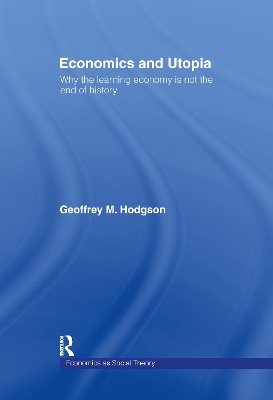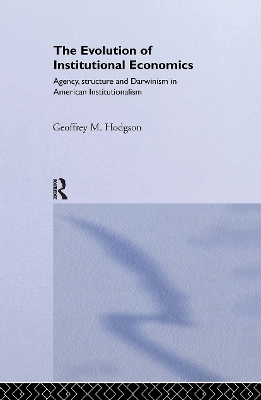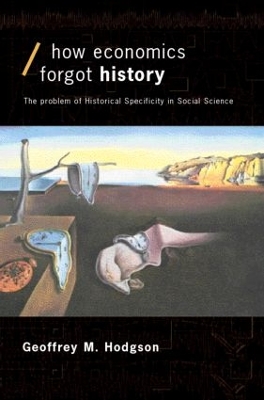Economics as Social Theory
3 total works
This exciting new book from Geoffrey Hodgson is eagerly awaited by social scientists from many different backgrounds. This book charts the rise, fall and renewal of institutional economics in the critical, analytical and readable style that Hodgson's fans have come to know and love, and that a new generation of readers will surely come to appreciate.
In arguably his most important book to date, Hodgson calls into question the tendency of economic method to try and explain all economic phenomena by using the same catch-all theories and dealing in universal truths. He argues that you need different theories to analyze different economic phenomena and systems and that historical context must be taken into account.
Hodgson argues that the German Historical School was key in laying the foundations for the work of the pioneer institutional economists, who themselves are gaining currency today; and that the growing interest in this school of thought is contributing to a more complete understanding of socio-economic theory.


